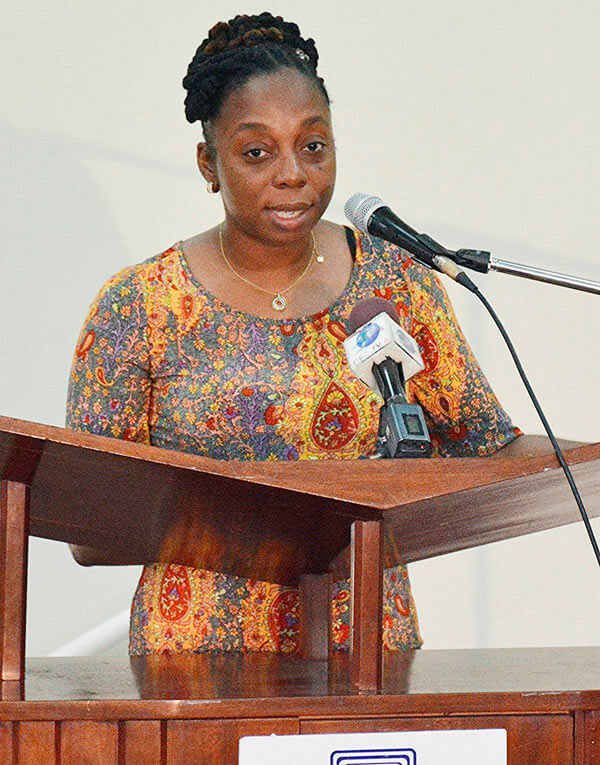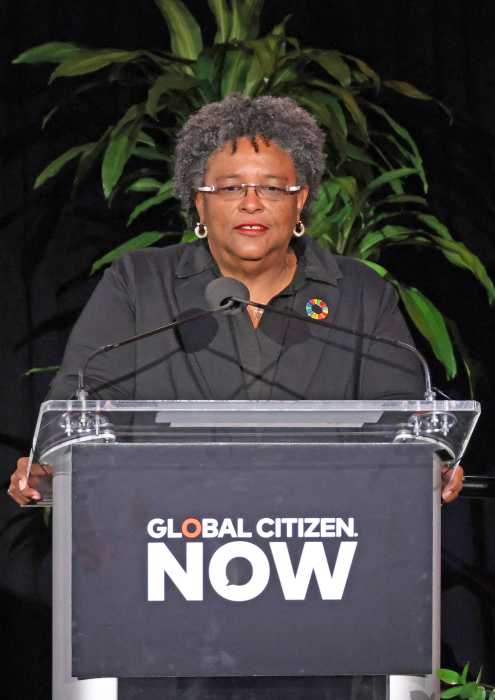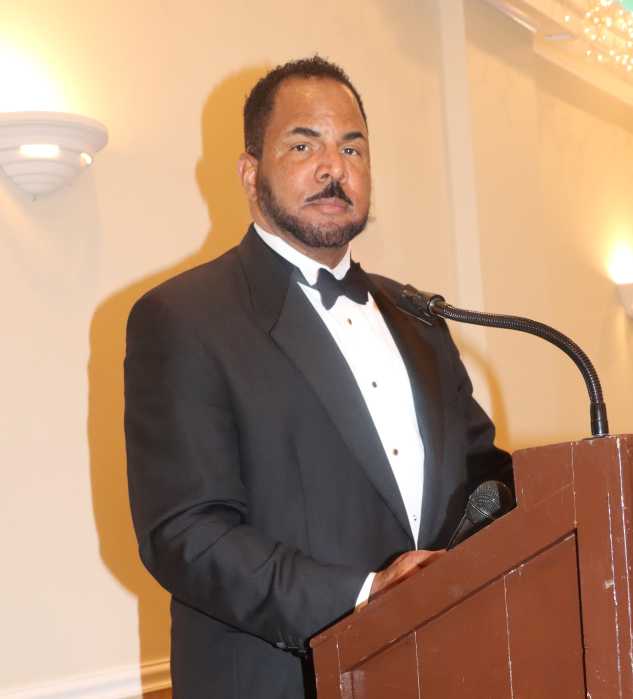Resistance from two of the island’s most powerful trade unions and a wide array of business associations to planned tax hikes now has the Barbados Government buckling under pressure.
Government’s budgetary plans for the 2017-2018 fiscal year included a 400 per cent increase of a National Social Responsibility Levy that affects every item brought into the import-dependent island and is set to become effect as of July 01.
But since the May 30 Budget announcement of the intention to raise this Levy from two to 10 per cent a number of business groups have sounded their objection. The number one and number two labour representative groups, Barbados Workers Union (BWU) and National Union of Public Workers (NUPW), respectively, had joined the chorus of opposition to this sweeping tax.
NUPW had last week given the administration of Prime Minister Freundel Stuart until the July 01 implementation date to either repeal the tax increase, or come up with ‘coping subsidy’ for public servants or face street protests, and on Tuesday BWU announced support for its sister union’s call.
And while Finance Minister Chris Sinckler on Wednesday shot back at the unions saying it is either Government raises the taxes or retrench many workers whom it would be unable to pay, he revealed a decision to exclude some 300 imported basic food items from the increased Levy.
“We are looking for ways in which we can shield the more vulnerable persons in our society to ensure they are not impacted too unreasonably by it [NSRL],” Sinckler said.
He indicated that the food items exempted are the same essential food products that had since last year been let off charges of VAT, which is an additional tax.
“So in the supermarkets and in the regular shops ordinary Barbadians should not be affected by that,” the Finance Minister said of the new decision, that has to be approved by Cabinet Friday.
Prior to this significant walk back in application of the Levy, government had last week informed operators of hotels and tourism-related companies that their imported items would not be affected.
Sinckler’s Wednesday announcement came after BWU General Secretary Toni Moore Tuesday
threatened unspecified action if the Levy remains.
“We are sensing among workers a demand for something to be done to address the problems that they are seeing not only today, but the problems likely to come after the July 1,” she said after a meeting with some of her membership.
Moore said her union is prepared to do, “whatever is possible to represent their [workers] interests as long as the mandate is known by me”.
“I will commit the Barbados Workers Union to entering any discussion with other unions to ensure that the overall aim of protecting the most vulnerable against the tax onslaught and the inequities that we see arising out of it, that these will be addressed and corrected.”
Moore said some relief must be given to workers, “by whatever name we call it, we may call it a salary increase or some people may be calling it a coping levy, but …there has to be some redress for the more vulnerable people whose spending power has been cut to the extent that some will not survive”.
While Moore was meeting with workers, the Barbados Private Sector Association, the Chamber of Commerce, and the Bankers Association held a joint closed-door meeting with Finance Minister Chris Sinckler.
Emerging from that almost three-hour session with Sinckler, the man who presented the 2017-2018 Budget, Private Sector Association President, Charles Herbert said, “He (Sinckler) has assured us that some of the harsher aspects of the NSRL are being considered and in due course we will be told what they are… I would expect he is going to clarify this long before July 1”.
Herbert added, “I think the main takeaway is that (Sinckler) is listening and some aspects of the NSRL are going to be very harsh on society. There are some modifications that they are considering which he is taking to Cabinet and will be announced before July 01.”
According to Herbert, Sinckler assured that there will be a series of meetings to work out intended changes to the Levy, and to emphasize the urgency with which such talks will be conducted, the finance minister reportedly said, ‘we will not be meeting weekly, we will be meeting daily’.


























